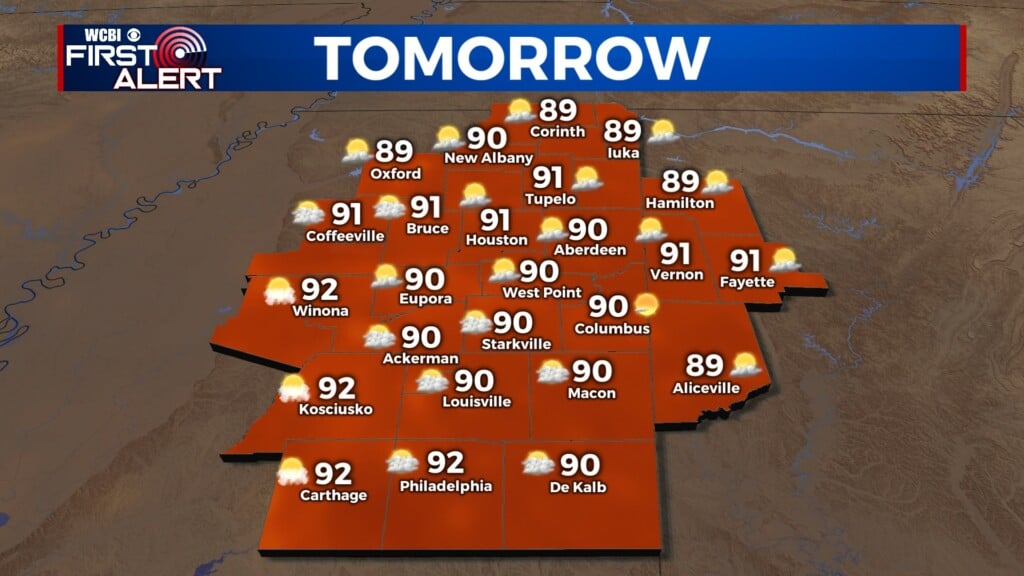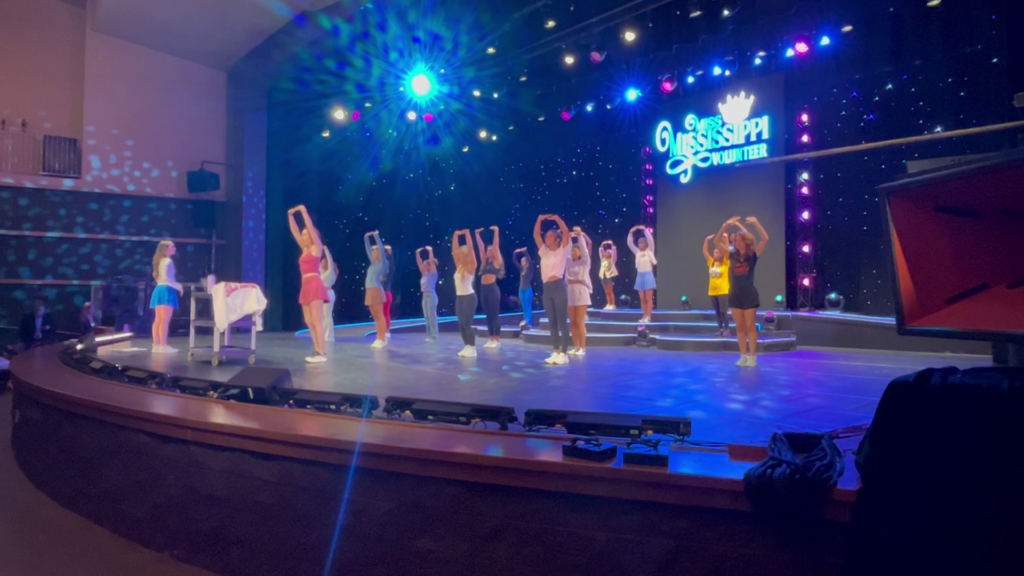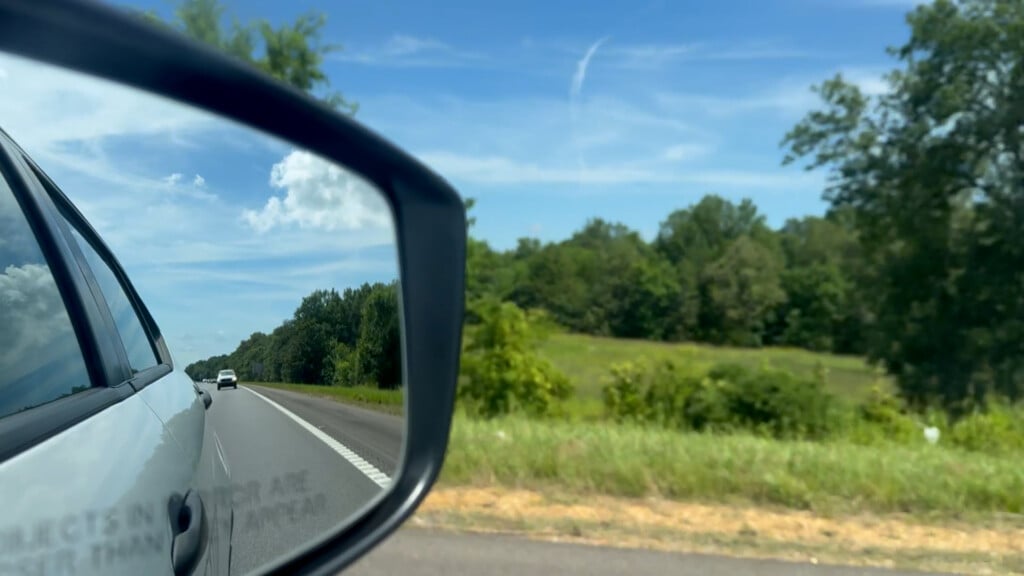Helping those who help: Taking care of first responders
LOWNDES COUNTY, Miss. (WCBI) – They are the ones that help in a house fire, a car wreck, or a medical emergency: first responders. They see people’s worst day almost every day.
Just this week, Lowndes County volunteers responded to a house fire that claimed the lives of two young people. Seeing something like that takes a heavy emotional toll.
There are services in place to help first responders process the trauma, so they can keep doing their vital work. They see some of the most heartbreaking incidents, but they have to remain calm and help others do the same.
“The first thing we have to do is do what we’re called there to do, to try to initiate some kind of response to better the situation, to stop the incident from getting worse,” said Lowndes County Fire Coordinator Neal Austin.
Sometimes, when it’s all over, it can be difficult to return to their day-to-day activities.
“Everybody has a family at home also and when you get back and get to a quiet location, you start reminiscing and thinking about the events you just witnessed and been through,” Austin said. “They are some of the most horrific things you can see.”
Lowndes County fire coordinator Neal Austin said it sometimes requires them to keep their feelings in check. This can be especially tough for newer first responders.
“The first couple of times they see something tragic, it affects you immediately,” Austin said.
Austin said the best thing to do is talk about it, whether it’s with peers, friends, or family.
He said they call in critical incident stress management teams.
They also get together with other first responders in the community to discuss their roles in the situation and what they saw that bothered them.
This not only keeps things from bottling up, but it also builds camaraderie with other departments that work within the community.
“It helps us when we’re all sitting around the table talking about the same things,” Austin said.
Administrator for Lowndes County Community Counseling Services Veronica Harrison agreed that internalizing is never the answer.
“One of the things we say is, don’t deny that it happened,” Harrison said. “Be honest about your feelings. Talk to somebody, find a friend, talk to a therapist, but have somebody you can talk to.”
Austin and Harrison want other first responders to know that they are not alone.
“There is always someone you can talk to,” Harrison said.
“We started this as a team, and we’re gonna finish this as a team,” Austin said.
Community Counseling Services offers 24-hour services and it is free to first responders.




